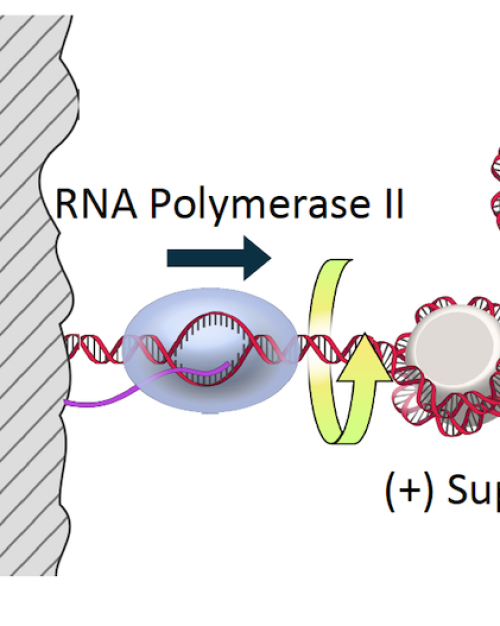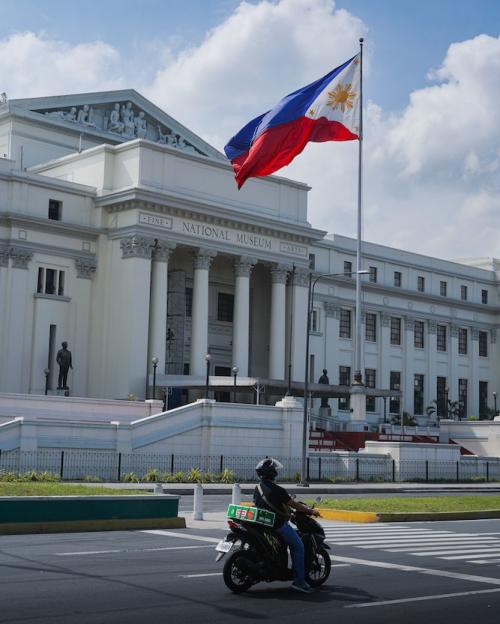In May 2022, Bongbong Marcos won the presidential election in the Philippines with a commanding 59% of the vote, stunning many political scholars.
“How, some asked, could the son of the former autocrat, Ferdinand Marcos, a man who suspended elections, eroded checks and balances, curtailed media freedom, violated human rights and engaged in rampant corruption, win office so convincingly?” wrote government scholar Anil Menon and co-authors in a new study of the election results.
Voters’ support for former presidents Rodrigo Duterte and Ferdinand Marcos, and ethnic identity were strong predictors of voting for the younger Marcos, the researchers found after analyzing data from a national survey conducted before the election, while age, education level and income were not. The findings give insight into global trends of increased democratic backsliding and autocratic regimes gaining power, said Menon, a Klarman Postdoctoral Fellow in government in the College of Arts and Sciences.
“Continuity, History, and Identity: Why Bongbong Marcos Won the 2022 Philippine Presidential Elections” published March 1 in Pacific Affairs. Co-authors are Dean Dulay, Singapore Management University; Allen Hicken, University of Michigan; and Ronald Holmes, De La Salle University, the Philippines.
“In the months leading up to the election, my co-authors and I observed public and academic conversations about how there was an active contestation of Filipino life, society and economy under Ferdinand Marcos, with Bongbong Marcos reimagining the tenure of his father as a golden age for the Philippines,” Menon said. “We were interested in understanding how the general public viewed that period and thus set out to measure public sentiment about various periods in Philippine history in the months leading up to the election.”
In his research, Menon examines the way historical events shape subsequent political outcomes, including the question of how populations remember their past – and how politicians might therefore leverage the past to influence public opinion.
In “How do Filipinos Remember Their History? A Descriptive Account of Filipino Historical Memory,” published in December 2022 in Contemporary Southeast Asia with the same co-authors, Menon contributed to a study of Filipinos’ view of the country’s major historical events: the Spanish colonization of the Philippines; martial law under President Ferdinand Marcos from 1972-86; and the 1986 People Power Revolution.
The Philippines is a good place to study the impact of political legacies, Menon said, because there is significant debate over the legacy of Ferdinand Marcos and what role it played in bringing his son to power.
“Some observers of Filipino politics saw the recent election as a battle between competing narratives regarding the Marcos legacy, with the winner of the narrative battle gaining an advantage in the election,” Menon said. “Each side in the election tried to frame the past in different ways, to their own ends.”
The researchers used data from a nationally representative survey conducted in April 2022 by Pulse Asia, a leading public opinion firm in the Philippines. They found that respondents were likely to support Bongbong Marcos if: they had a positive impression of Ferdinand Marcos and his 14-year rule by martial law; they approve of predecessor Rodrigo Duterte, whose daughter Sara Duterte, now vice president, was Bongbong Marcos’ running mate; and they are from the home region of the Marcos family or Duterte family.
A few days before the May 9 election, the researchers published an opinion piece in The Washington Post sharing their survey insights – foreshadowing the outcome.
So why did the Bongbong Marcos/Sara Duterte ticket win in a landslide? The researchers concluded that theories based on continuity between former President Rodrigo Duterte and Bongbong Marcos and between the younger Marcos and the older – as well as ethnicity-based voting – hold more water than theories based on voters’ age, generation or education levels.
Voter support for the continuity between Duterte and Marcos regimes also arguably represents a shift toward a growing illiberalism among voters, the researchers said. In other words, Marcos’ win cannot be taken in isolation, but seems to reflect a growing trend amongst Filipinos to vote for a leader with a populist, illiberal style.
From a broader perspective, the findings illuminate how historical legacies shape democratic backsliding.
“We have seen a precipitous increase in concern for the bedrock of democratic institutions, both in developed and developing country contexts,” Menon said. “Scholars have written on democratic backsliding in the context of countries including but not limited to the Brazil, Hungary and the United States.”




